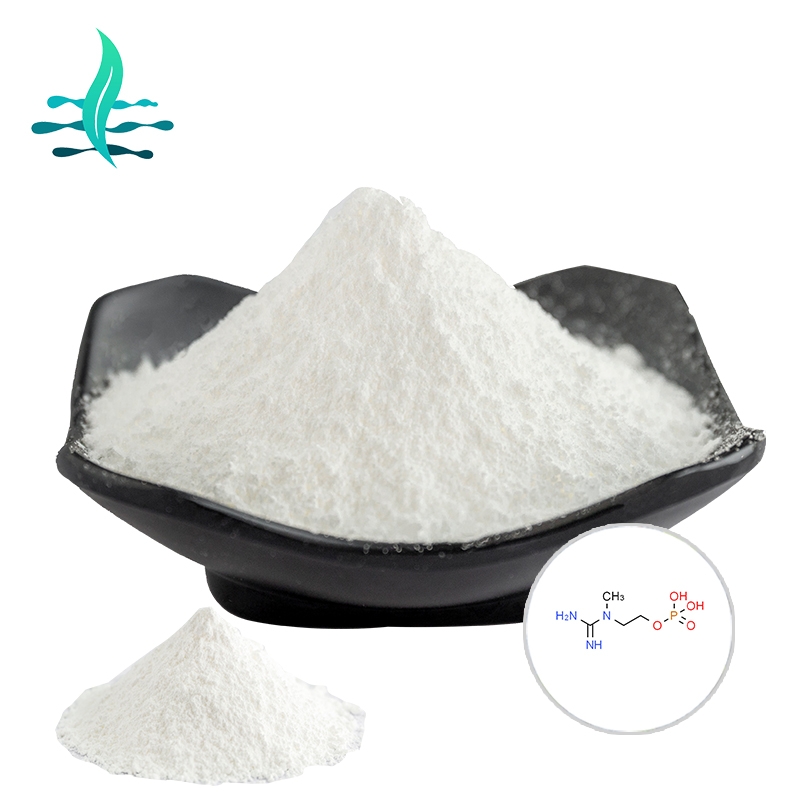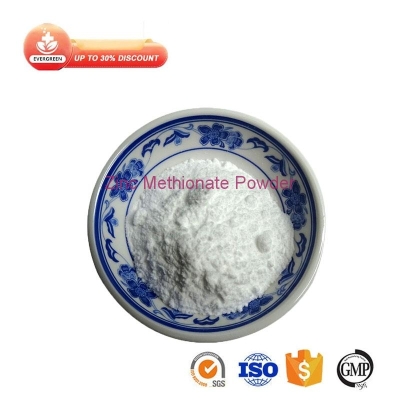-
Categories
-
Pharmaceutical Intermediates
-
Active Pharmaceutical Ingredients
-
Food Additives
- Industrial Coatings
- Agrochemicals
- Dyes and Pigments
- Surfactant
- Flavors and Fragrances
- Chemical Reagents
- Catalyst and Auxiliary
- Natural Products
- Inorganic Chemistry
-
Organic Chemistry
-
Biochemical Engineering
- Analytical Chemistry
- Cosmetic Ingredient
-
Pharmaceutical Intermediates
Promotion
ECHEMI Mall
Wholesale
Weekly Price
Exhibition
News
-
Trade Service
Image: Xiao Su (right), assistant professor of chemical and biomolecular engineering at the Beckman Institute for Advanced Science and Technology at the University of Illinois at Urbana-Champaign, is part of
an electrochemical technology team that develops and recovers high-value homogeneous catalysts.
The research, led by graduate students Stephen Cotty (center) and Jemin Jeon (left), will help make chemical manufacturing greener, more economical and more innovative
.
Image credit: Beckman Institute for Advanced Science and Technology
Imagine a typical recycling plant
.
Now think of the plant as a chemical lab, with smashed soda cans and waist-high spam replaced by microstructures worth tens of thousands of dollars per gram
.
A team of researchers from the University of Illinois at Urbana-Champaign has developed an electrochemical technique to recover high-value homogeneous catalysts in an effort to make chemical manufacturing greener, more economical, and more innovative
.
Homogeneous catalysts are a powerful tool
used extensively in chemical and pharmaceutical production.
Xiao Su, a researcher at the Beckman Institute for Advanced Science and Technology, a senior investigator of the study and assistant professor of chemical and biomolecular engineering, said: "What makes [homogeneous catalysts] very valuable is their unique ability to
produce large quantities of value-added chemicals and commodities.
"
The ability to recover homogeneous catalysts without destroying their chemical activity has been a challenge
for chemists and chemical engineers for decades.
These catalysts are typically made of platinum group metals and require frequent mining
to be used consistently from scratch.
Because these platinum group metals are rare, their use should be retained
, Su said.
During chemical reactions, homogeneous catalysts often form complex chemical mixtures that are difficult to separate from
other components.
Several existing methods of recovering catalysts are energy-intensive, and their reliance on heat tends to destroy the catalyst structure itself while creating a large carbon footprint
.
"Currently, due to cost and process complexity, many industries do not recycle homogeneous catalysts at all; They just throw them away and bear the losses
themselves.
"If the catalyst is recycled, the process can be very expensive and inefficient, and the catalyst structure is often destroyed
.
" In general, the burden falls on mining, as demand for platinum continues to increase
.
”
Due to the increase in waste production, the cost of continuous extraction is absorbed
by manufacturing companies, end-users and the environment.
The recovery method proposed by the researchers, published in Science Advances, applies an electric field to a unique custom surface called a redox electrode
.
The catalysts are separated from the chemical mixture in which they are located, bound to the surface under the action of an electric field, and remove them from the reaction, allowing them to be recovered
.
To reuse the catalyst, chemists can apply an opposite electric field to the surface of the redox electrode, releasing the catalyst into a
new solution.
During electrocatalysis, the catalyst can be reused many times
.
"The coolest thing about our recycling method is that we're purely electric," Su said
.
"It's a step towards making the entire manufacturing process more sustainable, with electricity replacing heat to drive things
.
"
The shift from fossil-fuel-based energy inputs to renewable energy inputs that run such cyclic systems supports chemical engineers' vision
for electrification.
"We are excited to see these electrochemical applications solving challenges
in chemical manufacturing," Su said.
"Ultimately, we want to see a completely zero-waste, high-energy and efficient chemical manufacturing process
.
"
The ability to recover catalysts is not only good for the environment; It has the ability to
innovate.
Although several homogeneous catalysts exist, they are currently not efficiently recyclable, which makes them very expensive and limits their wide industrial applications
.
"What we're doing now is making these very powerful catalysts viable and cheap for important reactions
," Su said.
"If we can achieve this simple method of recovering catalysts, our technology can enable new reactions that would otherwise be too costly
.
" So, hopefully, we can open up new, more environmentally friendly ways of production, which is not even possible
today.
”
So far, researchers from the university have demonstrated their recycling process
on selected platinum group metal catalysts.
The next step is to apply the method to a wider range of platinum group metals, as well as other transition group metal catalysts
.
"As chemical engineers, we are continuing to push for energy efficiency, a lower carbon footprint and sustainable chemical processes, and this is a step toward that goal," Su said
.
Stephen Cotty and Jemin Jeon, graduate students in Su's group, are the paper's lead authors
.
Johannes Elbert of the Su group, along with Vijay Jeyaraj and Alex Mironenko, are key contributors to the work, both from the Department of Chemical and Biomolecular Engineering at the University of
Illinois at Urbana-Champaign.







